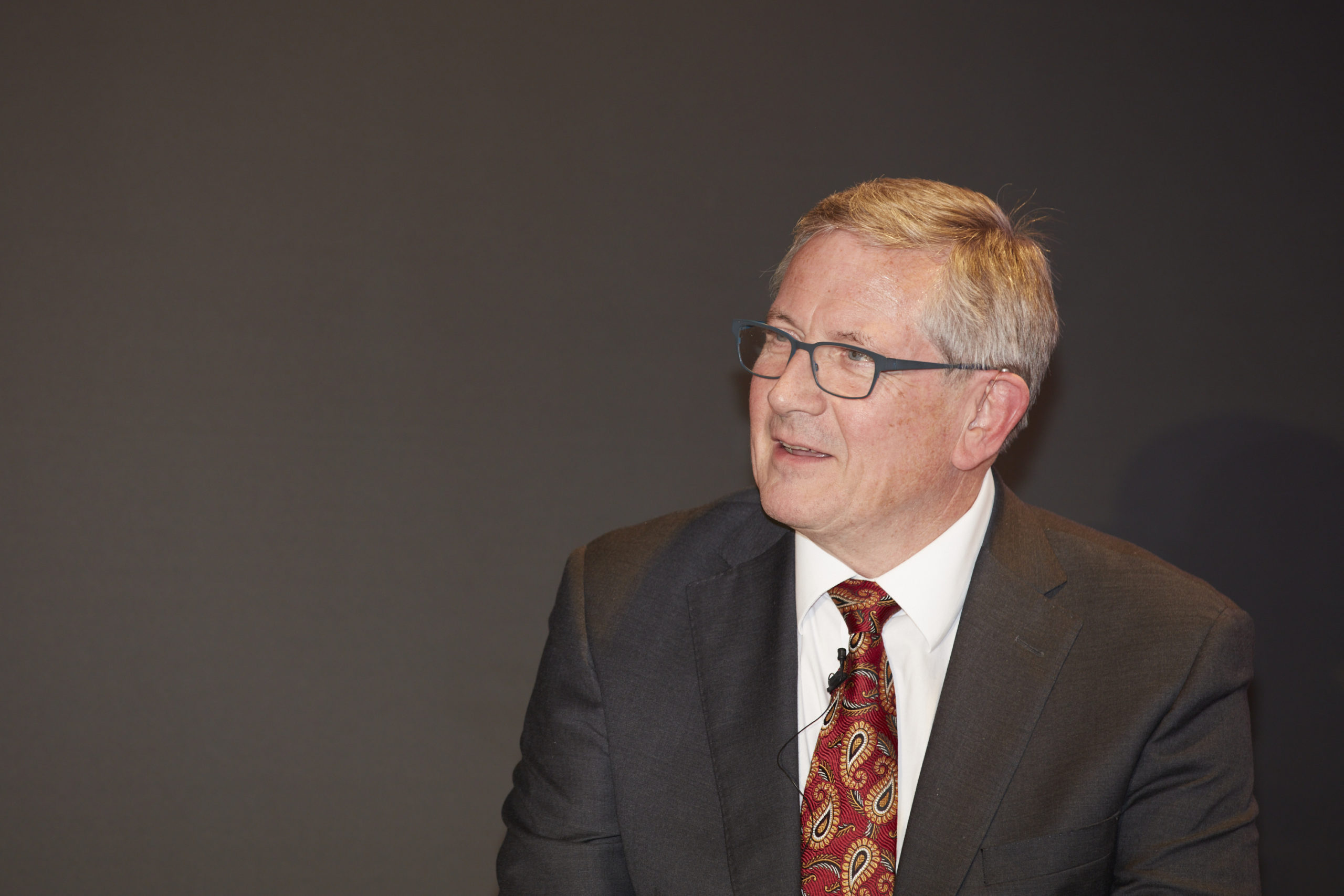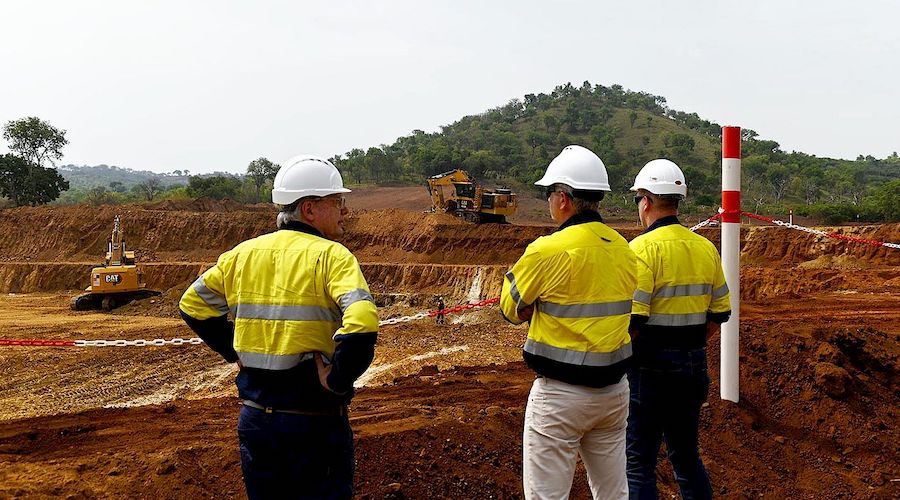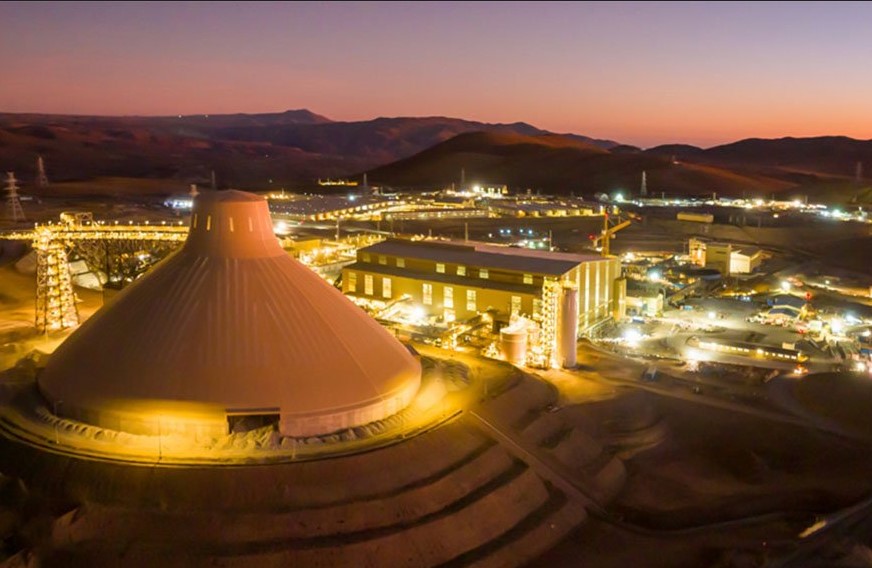VANCOUVER — In mid-September the Supreme Court of Canada dismissed an appeal by the Yukon government that caused a stir across the natural resource industry. The case involved a ruling by the Yukon Supreme Court, pursuant to a claim by the Ross River Dena Council (RRDC), that the Yukon government was obligated to consult the First Nation band prior to granting quartz mineral claims within its traditional lands.
It’s not hard to see why the case attracted a significant amount of attention in the mining industry, which is reliant on a “free entry system” wherein the staking of mineral concessions on Crown land is basically open. Having to consult First Nation groups prior to even gaining concessions would cause major headaches for exploration companies and prospecting outfits, and likely alienate foreign capital looking to invest in Canada’s resource industries.
As such the dismissal by the Supreme Court of Canada raised the spectre of constitutional precedent and the potential for court cases that could impact the economic future of the country. But according to Fasken Martineau partner Kevin O'Callaghan — who served as counsel for the Yukon Chamber of Mines during the trial — it's unlikely that the ruling has much national impact.
“Although some aspects of the decision could be extrapolated to other territories and provinces, you really can't say it's a construct that can be applied across the country,” O'Callaghan comments by phone. “Firstly, it is a Court of Appeal of the Yukon precedent, which is just persuasive in other provinces, but not determinative. Secondly, the particular facts on which this case is based are peculiar to the way the Yukon Quartz Mining Act and regime are structured. So, for instance, you couldn't just apply it to B.C. because the system is completely different.”
O'Callaghan points out that though the Supreme Court dismissed the appeal, it is impossible to nail down the reason for that decision since those details are never released. The Supreme Court can refuse to hear appeals for a variety of reasons, including the case is not properly framed; there are not enough facts to support the type of legal analysis required; or the court does not deem the case of national importance.
Another important distinction pertains to what the RRDC was aiming for versus what it actually received in Justice R.S. Veale's decision in November 2011. And there are two different aspects to the judgement that need to be addressed.
O'Callaghan says it looks like the RRDC were after claim-by-claim consultation — which is what the industry would like to avoid — but it doesn't seem to have succeeded. That's where the differences between aboriginal title and aboriginal rights come into play.
On the aboriginal title side it is important to note that the Ross River are one of only three First Nations groups in the Yukon that did not ratify the Umbrella Final Agreement (UFA), which was signed in 1990 and outlines a final claim settlement.
“The Yukon Court of Appeal was very clear that this ruling wasn't them saying there was something fundamentally wrong with the free entry system,” O'Callaghan continues. “The subtlety on the aboriginal title side is that the crown has the obligation, and can go ahead and consult, about the whole aboriginal area. But it is the site specific areas within that which it can set aside for mineral claims and satisfy the condition for consultation. The court has an inherent bias towards agreement, they've called it reconciliation and that's what they want.”
For Rob McIntyre, president of the Yukon Chamber of Mines, the aboriginal title ruling creates a duty for the Yukon government in terms of negotiating a territory wide agreement with the Ross River that covers mineral rights.
“This isn't a claim-by-claim ruling. It’s a ‘let’s take a look at the interim protected lands (IPLs) in a post-Haida style consultative effort’,” McIntyre says by phone. “And I would suggest that a change of quantum is not on the table because the other eleven First Nations have signed the agreement, and I'm aware there is a fairly important political push behind that quantum.”
On the aboriginal rights side of the ruling, however, McIntyre acknowledges that there is some work to be done in the Yukon.
It's important to note that under the current Quartz Mining Act and Placer Mining Act, prospectors and explorers can engage in class one exploration activities — which include the clearing of trees, trenching, removal of bulk samples, and use of explosives — on a mineral claim without any further permits or licenses.
“What the court did was presume that those class one activities had the potential to affect the exercise of aboriginal rights, like hunting, trapping, gathering and those types of activities. And I think it did so without there really being any evidence,” O'Callaghan adds. “So they said there needed to be that opportunity for consultation to take place before you undertake those class one activities in the Ross River traditional territory.”
That led to a proposed amendment by the Yukon government, which would require written notification to be provided to the Chief of Mining Land Use prior to the commencement of a class one program. McIntyre says the Chamber of Mines is involved in ongoing discussions over the Quartz and Placer Mining Acts, with the Yukon government given one year under Justice Veale’s judgement to clean up any deficiencies in the legislation.
What remains outstanding is the need to come to an agreement with the Ross River over aboriginal title. McIntyre stresses that it is important for the Yukon government to successfully negotiate a firm agreement over what sections of the Ross River traditional lands are open to free entry staking.
“The other thing I should say is we've met with the RRDC,” McIntyre continues. “And we have a very good working relationship. I opened the meeting with the question: 'Do you want us on your lands?' And the answer we received was 'Yes, we would.' The message they told me to give to my members is that the Ross River would like to support the mining industry in their territory.”
“We intend to reinforce the point that messing with open entry system would be a very detrimental thing for attracting industry. You would, in effect, repel industry in the territory, and possibly Canada,” he concludes.
To go to the Northern Miner website, click here





Comments
Ron Bradshaw
They just want money, non determinate amounts annually, and away you go.